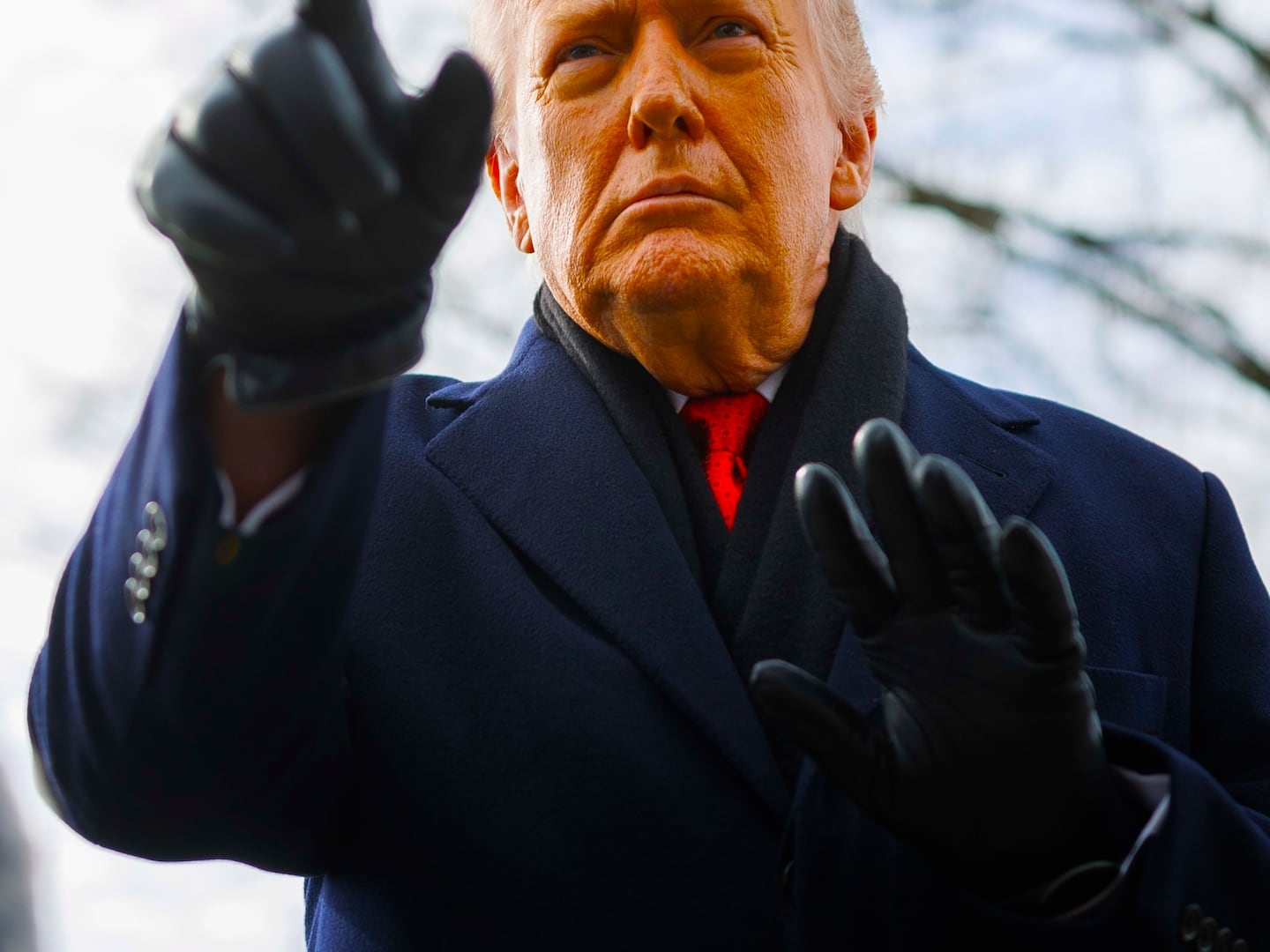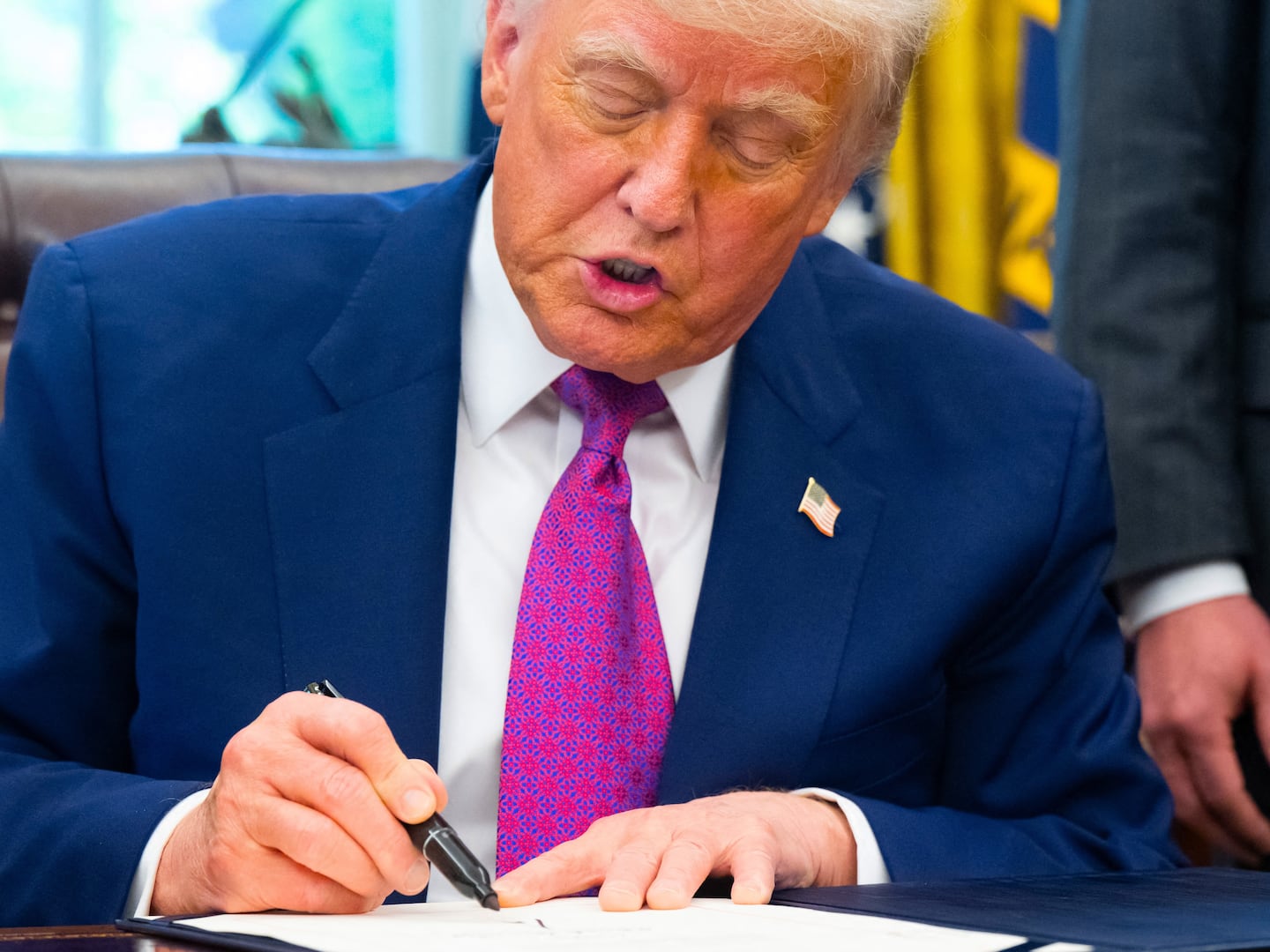The CEO of TikTok, Shou Zi Chew, faced tough questioning from Congress on Thursday.
Some of it was animated by security concerns associated with the popular video clip platform that is now used by 150 million Americans. But it was clear that the majority of the animus displayed toward TikTok was really directed toward its parent company, Byte Dance, and the Chinese government, whose control of the company and potential misuse of data of American users was seen as the real threat associated with the app.
The chairman of the House Energy and Commerce Committee, Rep. Cathy McMorris Rodgers (R-WA), convener of the hearings, encapsulated these concerns when she said, “We do not trust TikTok will ever embrace American values—values for freedom, human rights, and innovation.”
The ranking Democrat on the committee, New Jersey’s Frank Pallone, then illustrated the concerns about TikTok were broadly bipartisan when he indicated his agreement with much of what McMorris Rodgers said and then went on to say, “I’m not convinced that the benefits [of TikTok] outweigh the threats it poses to the American people.” The event grew more acrimonious from there, with blunt challenges to the credibility of TikTok and its CEO.
Chew was clearly given bad advice heading into the hearings. When asked direct and predictable questions about China’s role or potential role in guiding his company or using its data, his answers were lawyerly and evasive—so evasive that it tested the patience of those conducting the hearing.
He argued, for example, that he had “seen no evidence” that China had access to TikTok data. Rep. Anna Eshoo (D-CA) responded, “I find that preposterous.” Said another California Democrat, Rep. Tony Cardenas, “You have been one of the few people to unite this committee. You remind me a lot of Mark Zuckerberg. When he came here, I said to my staff, ‘He reminds me of Fred Astaire—a good dancer with words.’”
Prior to the start of the hearings, China weighed in, belying TikTok’s assertions of its independence. A government spokesperson indicated that China would oppose any effort to require Byte Dance’s sale of TikTok. They added that any such effort would undermine investor confidence in the U.S.
But as serious as the risk posed by TikTok might be, the approach of the Congress to zero in on one scapegoat company is a mistake. The problems attributed to TikTok extend far beyond that one company and are themselves just one aspect of an emerging set of new challenges that congressional theater like Thursday’s hearings illustrate that we as a country are ill-prepared to address.
If TikTok poses a security risk, we should address that by whatever means works best, up to and including shutting it down. That said, let’s not do this one company at a time, with one standard for China and another for every other nation.

If a platform harvests data or has access to it, let’s have common rules about security, how they can use data, who can see it, who they can share it with, what their foreign ownership can be. Let’s set rules and regulate the sector. After all, there seems little reason to trust that the Putin-parroting, Saudi-backed, MAGA-adjacent Elon Musk will treat Twitter users’ data or privacy or the information they see any more responsibly than would TikTok or the Chinese government. (This is to say nothing of the abuses we have already seen by Facebook and other big U.S.-owned platforms.)
Let's have clear privacy laws in the U.S. Clear penalties for those who abuse them. How about rules that prohibit algorithms that—without the knowledge of users—promote political, foreign, or business agendas? Let’s think ahead about the risks that AI-empowered apps pose in these regards and the rules we want to set for them. We are long past the moment when we can rely on the “goodwill” and “wisdom” of the tech sector. We cannot address the risks we face on a piecemeal basis.
It is time for clear, comprehensive internet, data, AI, and other cyber regulations. We need an agency of the U.S. government with deep expertise in these areas to handle these problems and anticipate those that are coming.
It can also play an advisory role on international, trade, and security implications of developments in the sector. It can brief the executive branch and Congress on these developments. And it can and should be empowered to impose penalties on violators of the law.
At the same time, companies that want access to our data, to our digital worlds where they can track our location, keystrokes, buying habits, financial conditions, friends, and political views, should be licensed. They should be required to meet and maintain security requirements.
When you think of other common carriers that were licensed or are licensed, it must be clear the potential risks associated with web-based platforms, apps, and other digital tools are as great or far greater to us as individuals and to our society.
And while we’re at it, let’s make sure the power of those big tech companies is limited by properly enforced anti-trust regulation. And that the companies that want access to the sea of our data actually pay their fair share of taxes.
Finally, we must recognize that regulating global data flows, protecting privacy and security on the global web, and ensuring the secure and open trade in technology services and products requires a multilateral initiative—a digital World Trade Organization.
This is key to ensure that all countries adhere to the same rules and to combating the proliferation of standards worldwide that ensure, in a connected system, that there are always weak links out there that can be used to penetrate, exploit, and harm other markets.
Finally, we must address an issue that underlies all those outlined above. The vast majority of the people of Washington who are charged with our governance, with identifying current and future risks and opportunities, with legislating, regulating, and enforcing our laws, are woefully ill-equipped to do so when it comes to technology issues.
The number of members of Congress who understand AI, quantum computing, mapping the genome, big data, emerging cyber threats, technology business models, technology ownership models, how things like algorithms can be gamed to serve nefarious purposes or untrammeled could fit in a phone booth—if you could find a phone booth (and it can be a small one).
The relative lameness of the questions that faced Chew on Thursday, like those that have faced tech executives in the past, reveal this. The same problem is seen among many senior officials in the executive branch or the military. CENTCOM recently hired its first chief technology officer, 30-year-old Schuyler Moore. Top intelligence officials have complained to me that when they briefed leaders on cyber threats, many did not understand even the basic terminology of what they were saying.
But because technology and science issues are increasingly infusing every aspect of life and every policy domain from trade to labor (the future of work in the age of AI), from health care to finance to agriculture to border control, these problems are being compounded rapidly and we are falling further and further behind.
We don’t train future generations of top officials to understand these issues. Our public policy schools lack the capacity or inclination to retool their training or produce the cadres of technology and science literate leaders we need in every area.
Our think tanks in Washington have very limited resources devoted to science and technology, and science and technology-themed work remains a disproportionately small fraction of what they do. It is time for a major initiative, akin to that undertaken in the days after the launch of Sputnik during the Eisenhower administration, to prepare this country and its leaders with the education, infrastructure, R&D support, and legal and regulatory innovation necessary to compete and be secure in the decades ahead.
The CHIPS and Science Act and the digital-related components of the Infrastructure Bill are good first steps to strengthening our ability to compete in the markets of the future. There are important pockets of leadership and knowledge throughout the administration on these issues from CISA to the NSA, from Secretary of Commerce Gina Raimondo’s leadership implementing the CHIPS and Science Act to the White Office Office of Science and Technology Policy’s Arati Prabhakar, a former head of the Defense Advance Research Projects Agency (DARPA).
But we need to go further. We can’t afford to tackle these issues piecemeal. Now is the time, and this is the administration and Congress that needs to rise to this challenge. Experience shows that—absent a major initiative to fill legal and institutional gaps like that sketched out here—we as a country will be at risk and those risks will grow with every new, unregulated, not-well-understood technological development.







